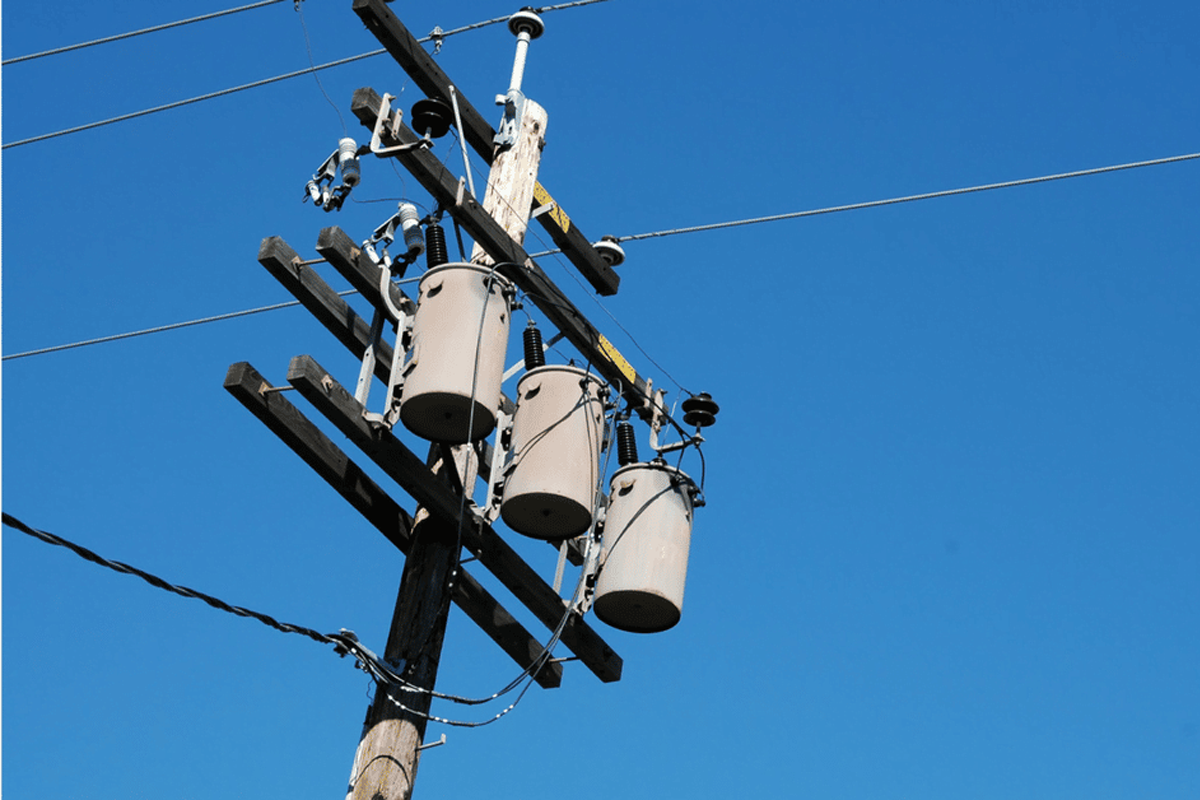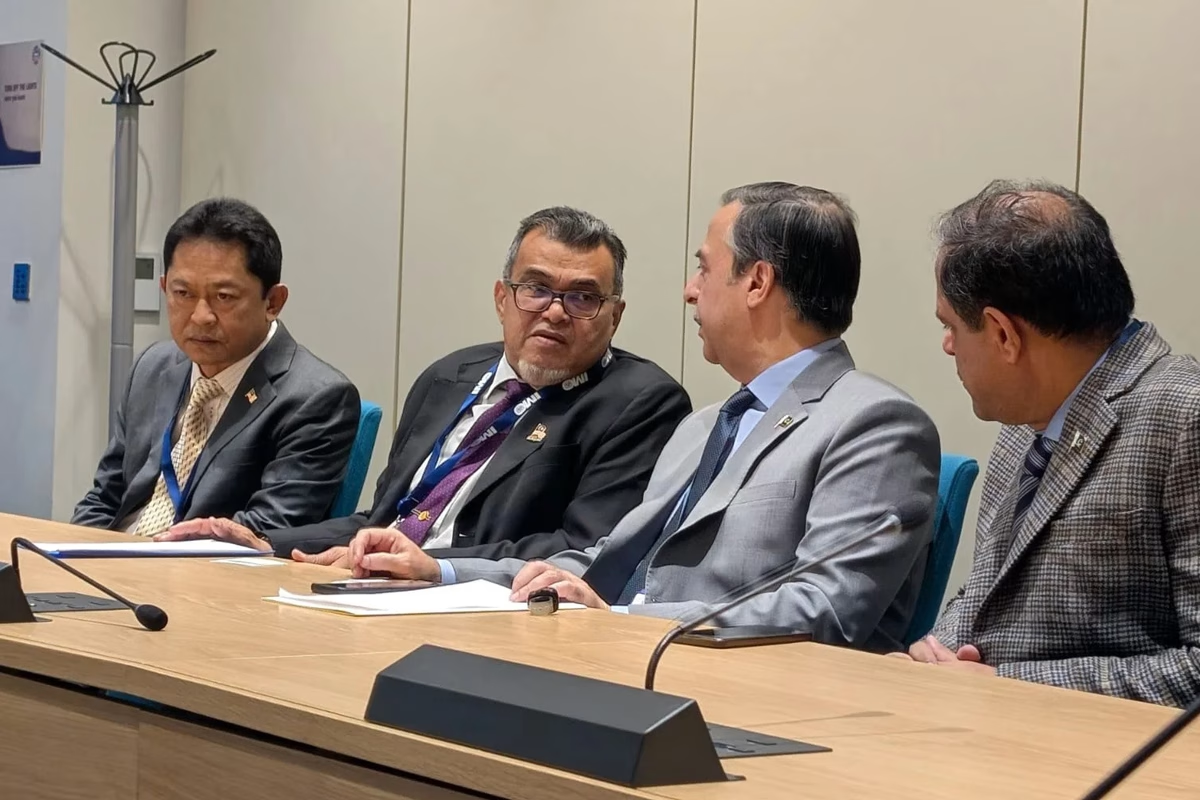
OGDCL taps Pakistan’s first-ever tight gas project
August 16, 2024
Storm-Resistant Prototype to Pave the Way
August 16, 2024Pakistan’s energy sector faces numerous challenges, including high tariffs, power shortages, transmission losses, and a lack of investment. The government is required to pay a fixed amount to independent power producers (IPPs) even if it doesn’t use the electricity they produce. Meanwhile, people are using less electricity from the grid because of high prices, worsening the crisis.
The Competitive Trading Bilateral Contract Market (CTBCM) offers a promising solution to these issues. CTBCM is a market-based approach that facilitates bilateral trading of electricity among generators, distributors, and consumers.
In an interview with WealthPK, Tauseef H Farooqi, former chairman of the National Electric Power Regulatory Authority (Nepra), explained that the current government-dominated system has resulted in surplus grid generation capacity and costly take-or-pay contracts, which negatively impact the sector’s efficiency. “There is a need to transition to the CTBCM system, which would allow bulk power consumers to purchase electricity directly from generators, boosting competitive energy prices and eliminating reliance on expensive contracts,” he said.
He noted that the CTBCM regime provides a promising option for the country’s power sector by allowing businesses and consumers to buy electricity directly from suppliers at competitive prices. “This transition is critical for export-oriented businesses to remain competitive in the global marketplace. The regime also enables businesses to purchase clean energy directly from developers, reducing their carbon footprint and advancing net-zero targets.”
Tauseef emphasized that the government’s monopoly on the sale and purchase of energy is inefficient and detrimental to the sector’s development. He stated that the government’s role should be limited to regulation, with the market determining prices and supply.
He suggested that the government declare a competitive figure for system charges and establish a timetable for the first bilateral transaction to open the electricity market to businesses. “The CTBCM regime is an excellent alternative for the country’s energy sector to reform and revitalize. By allowing businesses and consumers to buy power directly from providers, the regime would boost competition, lower costs, and increase efficiency.”
In a conversation with WealthPK, Zeeshan Ashfaq, chief executive officer of Renewable First, which designs and builds renewable energy systems, highlighted the looming energy crisis in the country and stated that the CTBCM regime provides a beacon of hope. “By implementing this new market model, the country could unlock the full potential of its energy sector to drive economic growth and reduce carbon emissions.”
He noted that CTBCM promotes competition, leading to better pricing and services for consumers. “To implement CTBCM effectively, a regulatory framework must be established to govern the market. A robust trading platform and infrastructure are also crucial to ensure market access and participation for all stakeholders.”
Zeeshan explained that training and capacity-building programs are necessary to equip participants to navigate the new market. “Addressing existing infrastructure and technological limitations is crucial for successful implementation.”




